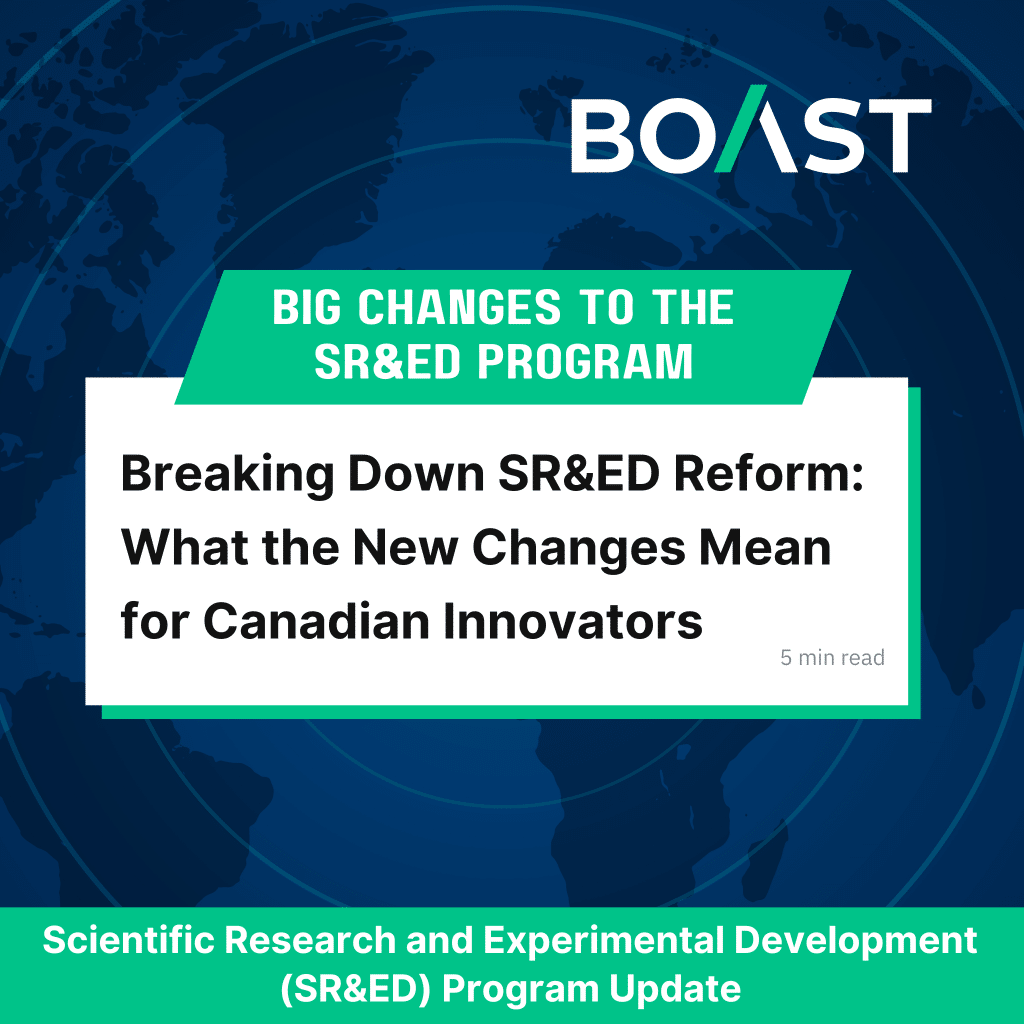The United States Commerce Department has unveiled the creation of 31 Tech Hubs across 32 states and territories to encourage innovation and promote growth outside of the country’s traditional economic epicenters.
The new regional tech hubs will be eligible for $500 million in funding as part of the CHIPS and Science Act, which earmarks $10 billion in government funding toward new technologies (and opportunities) in fields like artificial intelligence, quantum computing and biotechnology.
Dubbed the Regional Technology and Innovation Hub Program, the announcement details the need for greater investment from both the government and the private sector toward businesses outside of a handful of U.S. cities. These “hot spots” include Austin, Boston, New York City, San Francisco and Seattle, according to statements from the administration.
According to Commerce Secretary Gina Raimondo, more than 400 applications were filed to participate in the program.
“I have to say, in my entire career in public service, I have never seen as much interest in any initiative than this one,” Raimondo told reporters during a conference call previewing the announcement.
Spreading the wealth of innovation funding
The new funding will focus on providing transformative investments in innovation, supply chain resilience, and job creation by bringing together stakeholders across the private and public sector to compete for up to $75 million in implementation grants.
“The phase 1 designees and grant recipients reflect the diverse technological industries growing here at home and are symbols of American innovation and opportunity,” Deputy Secretary of Commerce Don Graves said in a statement. “The Tech Hubs program will provide them tools and resources to drive economic growth across the nation, which Americans will feel for generations to come.”
As part of the Biden Administration’s Investing in America Agenda, the commerce department has been making strategic public investments into innovative sectors to help “crowd-in” private sector funding in key areas of innovation.
Since launching this strategy, private companies have announced more than a half a trillion dollars in clean energy and manufacturing investments, for instance. This includes $230 billion in semiconductor manufacturing, nearly $140 billion in electric vehicle and battery manufacturing, and $20 billion in biomanufacturing.
The Tech Hub Designations include:
- Enabling Safe and Effective Autonomous Systems: Offices in Oklahoma, Rhode Island, Massachusetts and Montana driving an ecosystem of innovation for autonomous vehicles for land, water and air.
- Maintaining Our Quantum Edge: Hubs in Colorado, Illinois, Indiana and Wisconsin researching better quantum intelligence and communications.
- Advancing Biotechnology in Drugs and Medical Devices: A web of hubs across Virginia, New Hampshire, Illinois, Missouri, Kansas, Indiana and Puerto Rico expanding the value and supply chain of homegrown biotechnology products.
- Advancing Biotechnology Precision and Prediction: Hubs in Wisconsin, Maryland, Alabama, Greater Philadelphia, Minnesota and Wisconsin accelerating leadership in cutting-edge biotechnology.
- Accelerating America’s Clean Energy Transition: Groups based in Louisiana, Idaho, Wyoming, South Carolina, Georgia, Florida and New York advancing research into clean energy technologies.
- Strengthening Our Critical Minerals Supply Chain: Offices in Nevada and Missouri focused on optimizing minerals for batteries and supply chain use cases.
- Regaining Leadership in Semiconductor Manufacturing: A network of institutions across Texas, Oklahoma, Oregon, New York and Vermont helping boost semiconductor manufacturing stateside.
- Growing the Future of Materials Manufacturing: Tech hubs in Ohio, Maine, Washington, Idaho and Oregon focusing on more sustainable manufacturing processes.
This funding comes after the administration had previously requested $4 billion from Congress to fund additional tech hubs earlier this year, though Congress has failed to pass a full-year budget for the current fiscal year.
A mix of funding sources is key to a healthy runway
While public-private partnerships that combine government funding, private investment and even institutional resources are key for bolstering local tech ecosystems, individual entrepreneurs need to follow a similar capital strategy when it comes to funding their venture.
That means leveraging funding from an array of sources that allow you to capture growth, maintain equity in your business, and fund your research and development.
At Boast, we’ve worked with thousands of startups across North America to capture non-dilutive funding to help fuel their product roadmap and enhance their R&D. Along with insights into available tax credits, our platform combines key financial and project tracking systems into a single source of intelligence, giving you the insight you need to optimize strategies and capitalize on the innovation your team is driving.
To learn more about the R&D tax credits offered by the U.S. government and how your can leverage them to fuel your product runway, download our Guide:

Reach out to an expert today to learn more about Boast’s unique approach to optimizing R&D and maximizing non-dilutive funding.





